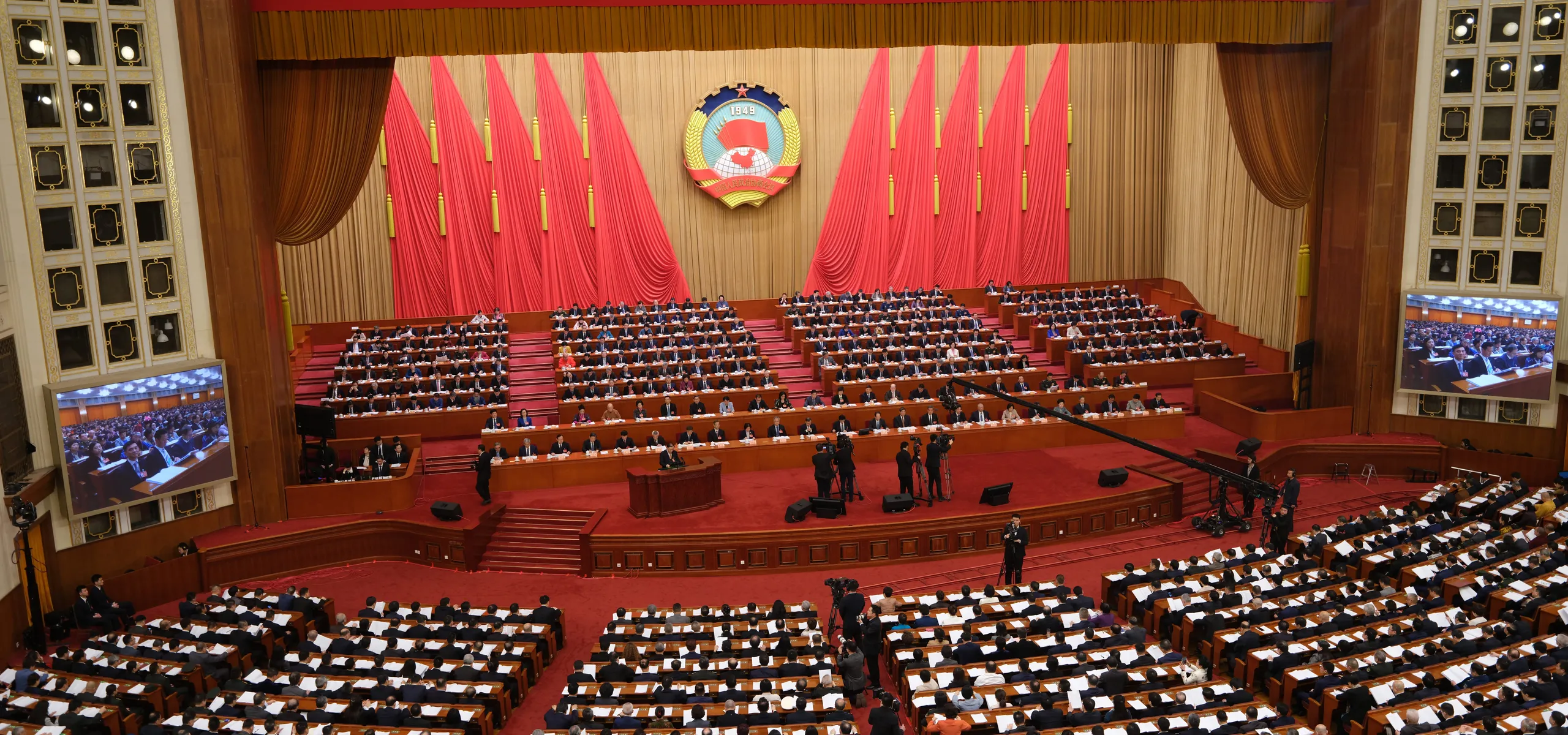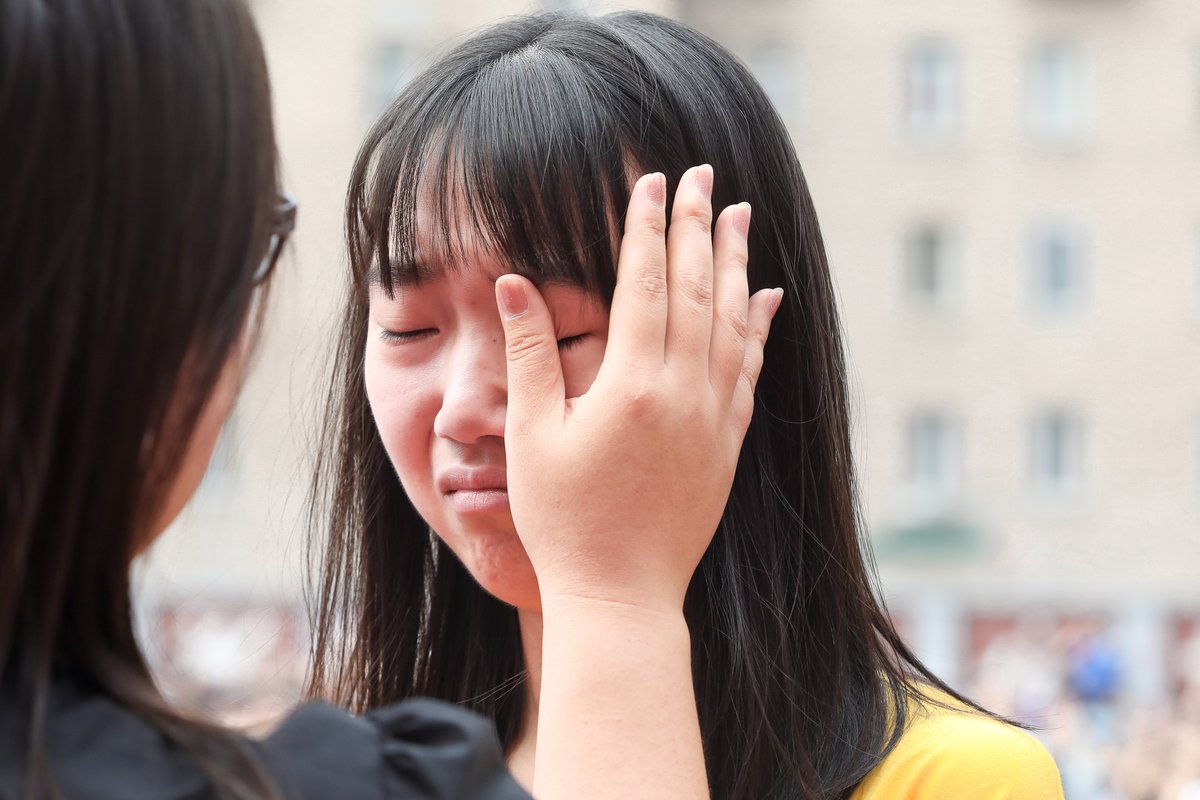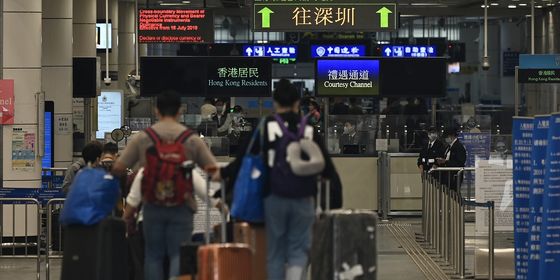Some of the most notable and controversial proposals from the annual meetings of China’s legislative bodies
China’s largest annual political gathering has just ended, leaving the public with many new ideas and measures to consider. This year’s “Two Sessions” meetings, where delegates from the National People’s Congress (NPC) and members of the Chinese People’s Political Consultative Conference (CPPCC) meet in Beijing to discuss and pass policies, has seen attention on population growth, workers’ rights, mental health, video games, and more.
Some, like proposals to end unpaid overtime, have been welcomed by China’s overworked office employees. While others, like proposals aimed at increasing the country’s birth rate, have led to intense debate online. Here, are some of the most innovative, popular, and controversial proposals from this year’s Two Sessions:
Technology
A new buzzword cemented its place in the central government’s lexicon during this year’s Two Sessions: “new productive forces.” The phrase implies boosting China’s technological development, and many lawmakers took this cue by presenting technology-focused ideas.
Some were aimed at addressing societal concerns with technology. CPPCC member Hong Mingji aimed at the perceived impact of video games on children, proposing to ban all under-18s from gaming and limiting game time for university students. This is an ongoing issue, with delegate Li Yan making a similar suggestion last year. Once again, Hong’s proposal sparked heated debate online, highlighting the tension between digital leisure and developmental health for minors.
CPPCC member Dai Bin went after another controversial technology: facial recognition. Dai wants to remove facial recognition requirements at hotel check-ins, which he claimed was inefficient and raised privacy concerns. Eliminating facial recognition will safeguard consumer rights and data security, he said.
Other delegates sought to boost China’s domestic technology industries rather than restrain them (though often in self-serving ways). NPC representative He Xiaopeng (Chairman of car manufacturer XPENG) advocated the development of flying cars and the “low altitude economy” through regulatory support and innovation.
But another proposal delved even further into the realms of science-fiction. CPPCC member Dai Hegen wants to see the development of underground urban spaces reminiscent of scenes from the blockbuster movie The Wandering Earth (2019). He didn’t mention how long it would be before we all live underground.
Marriage and Family
As China’s population declined for the second consecutive year in 2023, many lawmakers promoted policies to encourage marriage and childbirth. One of the most debated was Dr. Gan Huatian’s proposal to extend women’s paid maternity leave to two years, up from 98 days now.
He argued that this would lower childcare costs by enabling mothers to care for their children at home until they can attend kindergarten. However, the proposal triggered a significant backlash online. Netizens pointed out that the cost of this two-year paid maternity leave would naturally be passed on to employers, potentially making them even less inclined to hire female employees. They also argue that the proposal implicitly places the burden of childcare solely on women.
Jiang Shengnan, a CPPCC member and renowned screenwriter, took on another controversial barrier to marriage and birthrates: “bride price,” or caili (彩礼). Jiang suggested the root of high bride prices in rural areas lies in the tradition that only sons should inherit the land. Her research shows that some local village rules and agreements contain many unfair clauses toward women, leading to farmers prioritizing sons over daughters. These rules and attitudes lead to imbalanced gender ratios in rural areas, high bride prices, and the trafficking of women. Jiang’s proposal aims to protect rural women’s land rights with new legislation and increased punishments for infringers.
Education
With record numbers graduating from universities last year and teachers under more stress than ever, many delegates focused on China’s education sector. One controversial proposal that aims to reduce academic pressures and create more opportunities for students to enter vocational colleges and the workforce was another suggestion from Hong Mingji. He proposed that high school education should end three years earlier than now so that students can graduate from university at 19 years old. Hong argued that this would allow academic types to continue their education while others could get married and start a family earlier, before conflicts with their career development. Not all were enthusiastic, with the most “liked” comment under a post of the news on Weibo reading: “We should also move the retirement age three years earlier.”
Students’ mental health also attracted attention this year. To cope with teenage depression, CPPCC member Ding Zuohong proposed strengthening “resilience education” to help students deal with pressure and manage negative emotions. Ding also wants to see mental health classes from kindergarten onwards, with schools focusing on students’ emotions, attitudes, values, and personalities, along with their test scores.
NPC representative Chen Wei also wants to see improved sex education for children. Chen called for more sex education books for children to help them recognize sexual abuse and protect themselves from it.
Work
Employment regulations were another hot topic among delegates and the public this year. Several proposals appear aimed at Chinese office workers’ long-standing complaints about long hours, lack of overtime pay, and poor corporate culture. One of the most popular proposals came from Lü Guoquan, a CPPCC member and director of the All-China Federation of Trade Unions (the government-affiliated trade union body), who wanted to protect employees’ right to be offline from work messaging apps and emails after work hours. He argued that online overtime should be properly compensated with extra pay.
For rural workers, CPPCC member Lian Yuming proposed raising the individual pension for rural residents by at least 100 yuan per month. According to Yicai magazine, 120 million of China’s over-60s population live in the countryside, where their pensions can be as low as 55 yuan per month. Many continue working or rely on their relatives for financial support.
Health
Several delegates made proposals for improving China’s health care. Tuo Qingming, an NPC member, suggested free medical care for children under six years old and adults over 75 to improve the country’s health and relieve families’ medical expenses.
Likewise, NPC member Ran Ran, whose proposal last year focused on helping people suffering from insomnia, proposed improving mental health care. According to the 2023 Blue Book on National Depression, jointly released by state media outlet People’s Daily and the Depression Institute (a Beijing-based private mental health treatment platform), 95 million people are suffering from depression in China.
Access to HPV vaccines has been another longstanding health issue in China. This year, NPC delegate Dr. Chen Gui’e proposed making the vaccine that protects against the human papillomavirus (which can cause cervical cancer) free for all women, especially those in rural areas. Cervical cancer rates have been on the rise in recent years, with China accounting for around 18 percent of global cases in 2020. Yet the national HPV vaccination rate sits at just 3 percent among women aged between 18 and 45. The vaccine can sometimes cost several thousand yuan, and some women get it in Hong Kong or abroad to avoid long wait times in the Chinese mainland. The proposal has been well-received online, but some still raised concerns that appointments will become even scarcer if the shots are free.

















